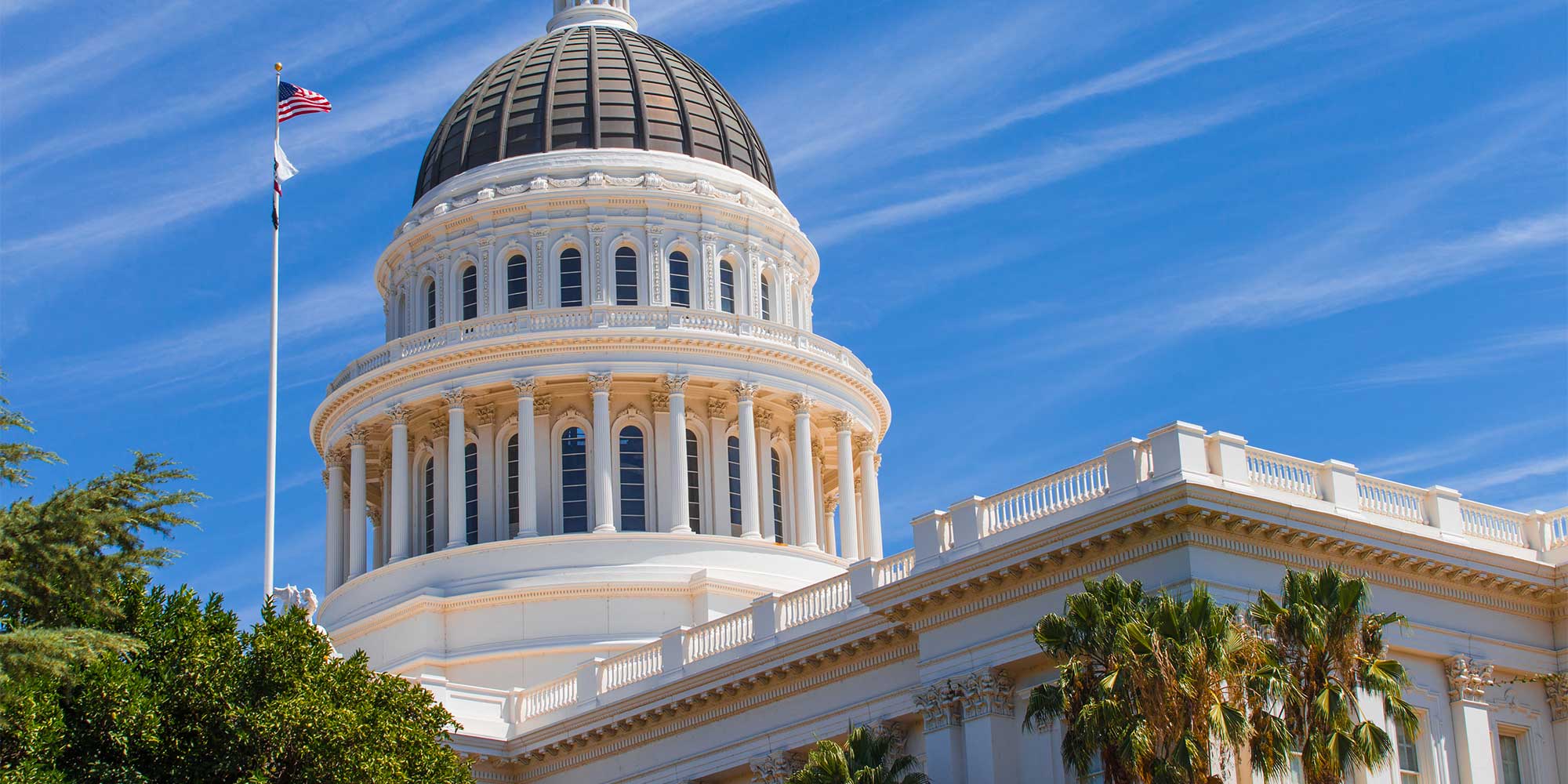
At present, approximately 90,000 African-American students do not generate LCFF supplemental and concentration grants, despite these students currently ranking as the lowest-performing group of students in the state.
Through this program, LEAs can receive up to 50 percent reimbursement for the cost of health services provided to students by qualified LEA staff. However, ambiguity and inconsistency have long been persistent problems in the administration and oversight of the program. As a result, a significant number of Medi-Cal claims have been retroactively disallowed in recent years, underscoring the need for the fiscal guide that the bill would create.
“The health services provided by schools are often the only medical attention that low-income students receive, and are also particularly essential for students with special needs,” said Erika Hoffman, CSBA legislative advocate. “AB 3192 will establish greater clarity and consistency for LEAs and help maximize available federal reimbursements, so that schools can continue to provide these important services for their students.”
The bill, which currently resides in the Assembly Rules Committee, aligns with prior legislation supported or co-sponsored by CSBA, including AB 1478 (Jones-Sawyer, D-Los Angeles) from 2017, which failed passage on the Assembly Floor, and two prior bills which were both vetoed by the Governor.